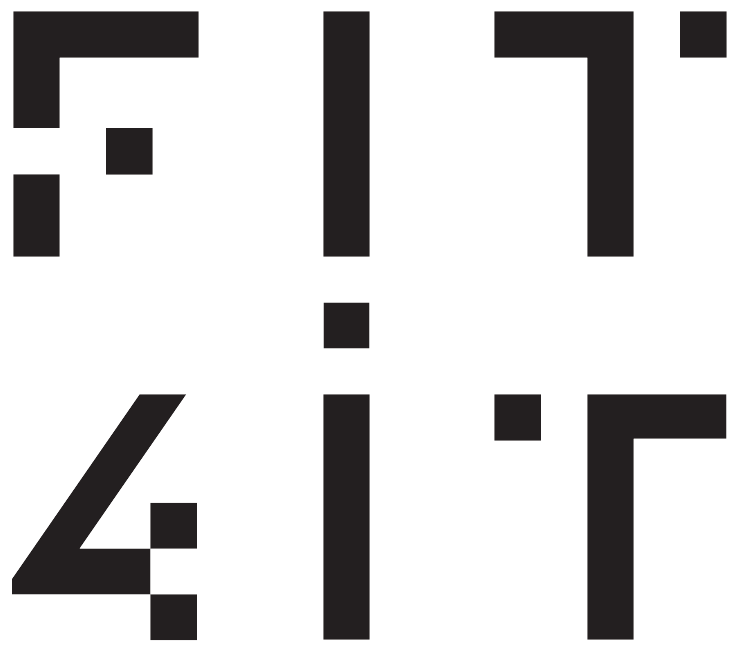Not all stress comes from dramatic events or deadlines. Much of it comes from the constant stream of choices we make every day, what to wear, what to eat, and how to respond to messages. This steady decision overload drains mental energy, a phenomenon known as decision fatigue. Over time, the connection between decision fatigue and weight gain becomes clear, as constant mental strain begins to influence how your body stores energy and responds to stress.
When your brain becomes overworked from constant choices, it interprets that strain as stress. Cortisol levels rise, your nervous system stays on alert, and your metabolism begins to slow. Even without eating more, this hormonal imbalance can make your body store fat, especially around the waist.
And when your willpower is low, decision fatigue pushes you toward quick comfort foods: sugary snacks, takeout, or anything that feels easy. Over time, this pattern quietly links mental exhaustion to physical weight gain, proving that how you manage your mind can shape how your body feels.

Decision fatigue and weight gain are closely linked because constant mental strain raises stress.
How Decision Fatigue Works In The Body
Your brain is like a muscle. The more you use it, the more it tires out. Every choice you make whether it’s a tough strategy call or just picking what to have for lunch.
By the time evening rolls around, that “mental muscle” is worn down. Willpower feels weaker, discipline slips, and suddenly the snacks in the cupboard or the extra glass of wine seem harder to resist. At the same time, stress hormones like cortisol creep higher, keeping your body on edge just when it should be winding down.
Here’s what happens physiologically:
- Cortisol stays elevated: When your nervous system interprets nonstop decisions as chronic stress, cortisol doesn’t switch off. This makes your body hold onto fat, particularly around the belly, as a form of “protection.”
- The vagus nerve quiets down: Normally, the vagus nerve helps your body relax, digest food properly, and recover. Under chronic mental load, its influence weakens, which means poor digestion, inflammation, and restless sleep.
- Metabolism slows: Elevated cortisol shifts the body from “burn” mode to “store” mode. Even if calories don’t change, fat-burning efficiency drops.
- Food choices suffer: Add decision fatigue on top of all that, and your brain starts looking for quick hits of pleasure and energy. Sugary snacks, salty fast food, or that late-night dessert suddenly become harder to resist.
The Numbers Don’t Lie
The science around mental load and weight gain is sobering:
- High stress keeps cortisol high, leading to belly fat storage even if your diet doesn’t change.
- Decision fatigue raises calorie intake by 20–30% daily, which can add 10–15 pounds in just a few months.
- Globally, 41-44% of workers say they feel high stress every single day.
- In the U.S., nearly 1 in 2 adults (49%) report daily stress as a baseline.
The Hidden Signs Of Decision Fatigue
Most professionals don’t recognize decision fatigue until it’s already affecting them. It doesn’t announce itself with flashing lights. Instead, it shows up subtly:
- You feel unusually drained by mid-afternoon, even without much physical activity.
- Small decisions feel disproportionately difficult (“Should I answer this now or later?”).
- You notice yourself reaching for convenience foods even when you know better.
- Sleep feels lighter and less restorative, leaving you groggy in the morning.
- Your patience and emotional bandwidth shrink, and you’re quicker to snap at colleagues or family.
How Stress Eating Compounds The Problem
Cortisol itself is enough to tilt your body toward fat storage. But decision fatigue rarely happens in isolation. When the brain is worn down, it naturally looks for easy energy, fast carbs, sugary snacks, and fried foods.
That’s why so many people find themselves in the kitchen at 10 p.m., spooning ice cream straight from the tub or munching chips mindlessly. These coping foods provide short-term relief but long-term damage. Paired with a slowed metabolism, even a small increase of 200–300 calories a day (the equivalent of an extra snack) can lead to 10–12 pounds of fat gained over just six months.
Practical Fixes That Work
The good news is that you can’t eliminate decisions, but you can reduce their toll on your body and mind. Here’s how:
- Automate the simple stuff: The fewer small choices you make, the more brainpower you save. Plan your breakfasts for the week, pre-pack workout gear, or use a capsule wardrobe. Think of it as protecting your willpower for the decisions that really matter. Structured routines, like those followed in personal training, can help reduce decision fatigue by removing the daily guesswork around exercise and recovery (such as cold exposure).
- Build “reset rituals”: Short breathing exercises, posture resets, or 5-minute walks between meetings activate the vagus nerve and pull your nervous system out of fight-or-flight.
- Front-load key decisions: Make your biggest choices early in the day when willpower is highest. Push less important decisions to later or delegate them.
- Guard your sleep: Quality sleep resets the nervous system. Cutting caffeine after 2 p.m., dimming screens an hour before bed, and creating a wind-down routine pay massive dividends for recovery.
- Choose calm fuel: Stock your workspace with foods that support the nervous system: nuts, fruit, protein snacks, and plenty of water. That way, when decision fatigue strikes, your “default” choices don’t sabotage you. Consulting a nutritionist can also help you create structured meal plans that minimize daily food decisions and prevent impulsive eating driven by decision fatigue.
Why This Matters For High Performers
If you’re an executive, entrepreneur, or professional in a fast-moving industry, making healthy decisions should be a part of your life. Every choice, from strategy calls to hiring decisions, demands brainpower. Your mind is your biggest competitive edge.

Over time, this cycle of mental overload and poor food choices quietly contributes to steady, hard-to-lose weight gain.
Breaking the cycle of mental load isn’t just about avoiding a few extra pounds. It’s about keeping the clarity that helps you lead under pressure, the calm that earns trust, and the stamina that lets you play the long game. That is why working with a life coach can help you set clearer priorities and boundaries, reducing the mental clutter that often fuels decision fatigue and weight gain.
Conclusion
Every overloaded choice keeps your nervous system in stress mode, keeps cortisol high, and nudges your body toward fat storage. Even if you don’t eat more, the biology alone can work against you. And when you do give in to cravings (as most of us do), the weight gain compounds quickly.
But here’s the empowering part: small systems, smart routines, and nervous-system-friendly habits can flip the script. Instead of fighting your body, you start working with it.
Because at the end of the day, the best leaders aren’t just the ones making the most decisions, they’re the ones protecting their energy, clarity, and health while they do it.
Further Readings & References
- American Psychological Association (APA) – Decision-making: https://www.apa.org/news/press/releases/stress/2013/decision-making
- Frontiers in Psychology – Decision fatigue: The effects of making decisions on subsequent self-control performance
https://www.frontiersin.org/articles/10.3389/fpsyg.2018.01083/full - National Institutes of Health (NIH – PubMed) – Cortisol and abdominal obesity: A systematic review https://pubmed.ncbi.nlm.nih.gov/17440031/
- Harvard Business Review – Decision fatigue is real — here’s how to avoid it
https://hbr.org/2021/05/decision-fatigue-is-real-heres-how-to-avoid-it - Cleveland Clinic – Cortisol: What It Is, How It Affects Health, and How to Lower It
https://my.clevelandclinic.org/health/articles/22187-cortisol - World Health Organization (WHO) – Work-related stress and its impact on health and productivity
https://www.who.int/news/item/09-10-2020-work-related-stress-a-growing-challenge - Sleep Foundation – The relationship between stress, decision fatigue, and sleep
https://www.sleepfoundation.org/stress-and-sleep
Was this helpful?
Good job! Please give your positive feedback
How could we improve this post? Please Help us.







No Comments